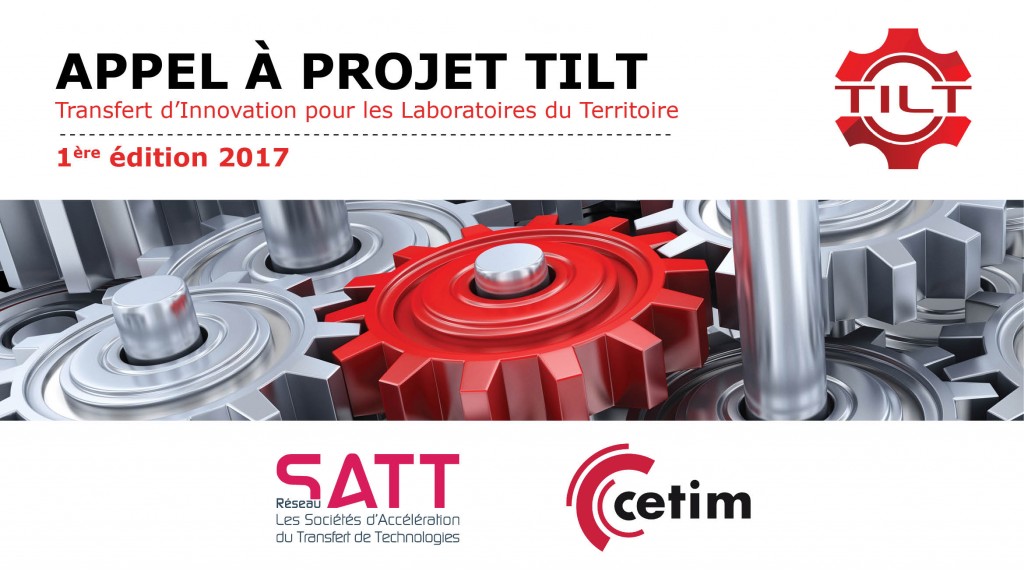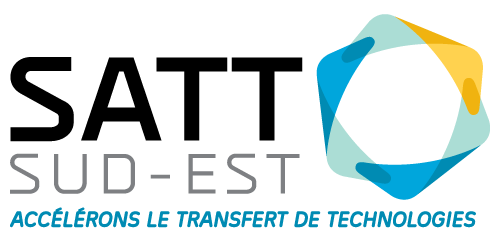Appel à Projets TILT en mécanique lancé par le Cetim et le Réseau SATT – 1ère édition

Afin d’identifier des innovations à fort potentiel pour la filière des industries mécaniques, le Cetim et le Réseau SATT lancent ensemble un appel à projets auquel pourront répondre les laboratoires appartenant aux universités, organismes de recherche et écoles situés sur le territoire d’une des treize SATT participantes.
L’ambition de ce partenariat est d’accélérer la maturation des technologies issues des laboratoires et leur transfert vers les entreprises du secteur, et de leur donner ainsi les moyens d’actionner encore davantage le levier de l’innovation pour soutenir leur dynamique de croissance.
Les projets présentés doivent s’inscrire dans l’une des douze thématiques retenues pour répondre aux besoins prioritaires des industries mécaniques, allant des capteurs à la modélisation en passant par l’efficacité énergétique
Les projets soumis doivent s’appuyer sur des premiers résultats ayant démontré de façon claire le concept scientifique. La finalité du projet doit permettre d’établir que la solution est opérationnelle, qu’elle répond à une problématique et qu’elle se différencie positivement d’autres solutions existantes.



Dates clefs de l’appel à projets
- Date d’ouverture : 20 septembre 2017
- Date de clôture : 1er décembre 2017
Thématiques éligibles
- Capteurs à destination de Contrôle Non-Destructif (CND),
- Intégrité des matériaux et des surfaces : conception fiabiliste (fatigue…),
- Surveillance et monitoring des systèmes (procédés industriels et/ou équipements…),
- Fabrication additive : caractérisation matériau, chaine numérique en amont de la fabrication additive, caractérisation produit,
- Machines et procédés intelligents,
- Matériaux composites : conception, mise en oeuvre, caractérisation et contrôle, fatigue du composite,
- Surface : étanchéité, résistance à la corrosion, fonctionnalisation de surface, tribologie,
- Assemblage : amélioration de la durabilité des assemblages, critères d’endommagement, assemblage multi-matériaux,
- Capteurs et Instrumentation des procédés de fabrication, équipements et systèmes fluidiques,
- Procédés et technologies propres (éco technologies…),
- Efficacité énergétique des composants et systèmes,
- Modélisation & simulation numérique des systèmes multi-physiques.
